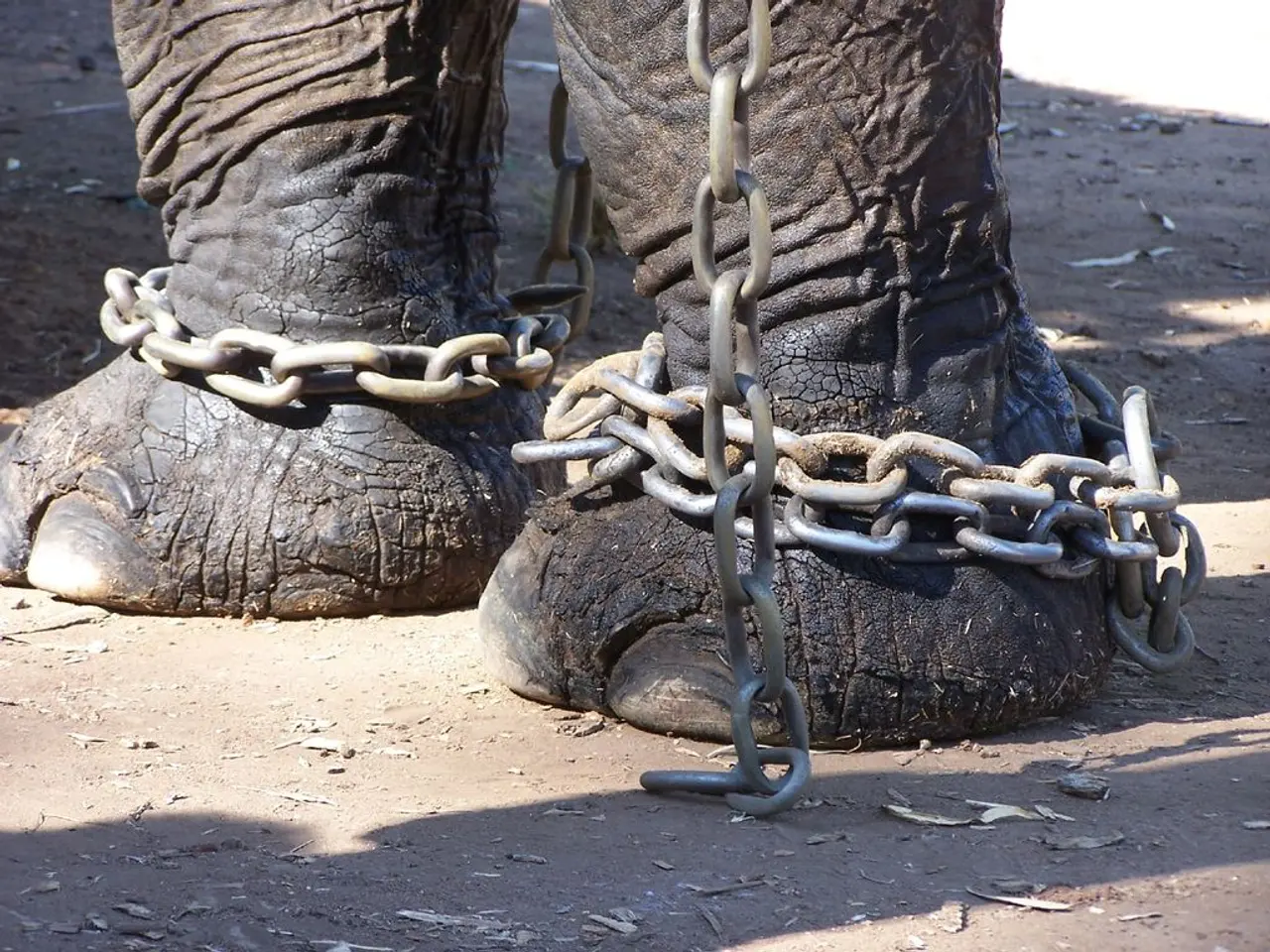Busting Grid Strain with Nighttime Laundry: A Boost for Germany's Green Revolution
Research Findings Indicate Nightly Washing Aids in Energy Transition Processes - Research: Washing clothes at night leads to energy consumption shift
Got some untapped power potential at home? Germany's energy sector thinks so! A recent study suggests household appliances like washing machines, dishwashers, and dryers could help ease the energy crisis during the transition to renewables. Already, residents could shave 15.6 terawatt hours from the national power consumption, an amount equivalent to the combined power use of two big cities like Munich and Warsaw. By 2030, this potential could almost double. Bavaria, Baden-Württemberg, and Rhineland-Palatinate are the areas with the most promise, according to Eon Energy's CEO, Filip Thon.
Sustainable Power Consumption Shift
The problem is that renewable energy production depends on weather and time of day, while power consumption peaks in the morning and afternoon-evening. Consuming power smartly by moving it to off-peak times, like at night, will ease things up. The research focuses on electric cars, home storage, and heat pumps, and the three appliances with the highest power usage - washing machines, dishwashers, and clothes dryers.
The Impact of e-Cars and Energy Transition Tech
The study anticipates a significant rise in electronic vehicles (e-cars), heat pumps, home storage systems, and other energy transition technologies in the coming years. By 2030, they expect around 3.6 million heat pumps, nearly 5.9 million e-cars, and 4.7 million home storage systems to be installed. These devices support flexible power consumption and help shift the usage to times when renewable energy is plentiful.
Profitable Flexibility: Adapting to the Grid's Rhythm
To motivate households to adapt to the grid's rhythms, the study proposes time-of-use tariffs, making energy cheaper at off-peak hours. However, the widespread use of digital power meters (smart meters) is necessary for this to happen. According to a YouGov survey, over two-thirds of the 3,600 participants are willing to adjust their power consumption patterns for financial gains.
The Math
- 40.4 million washing machines
- 32.6 million dishwashers
- 22.1 million clothes dryers in German households
- Significant increase in e-cars, heat pumps, and home storage systems expected by 2030
- Energy Transition
- Germany
- Laundry
- Munich
- Household
- Power Consumption
- Car
- e-cars
- Eon Energy
- Smart grids
- Rhineland-Palatinate
- Bavaria
- Baden-Württemberg
Shifting laundry to nighttime reduces strain on the grid, pairs well with excess renewable energy, and promotes Germany's green revolution. By integrating electric cars and embracing energy transition technologies, households can contribute to the reduction of greenhouse gas emissions, easier management of power demand, and an efficient distribution of renewable energy. The key, as always, is smart and flexible power consumption!
Communities could implement a policy that incentivizes vocational training for technicians specializing in energy transition technology, to ensure the installation, maintenance, and utilization of devices like heat pumps, home storage systems, and electric vehicles (e-cars).
Finance plays a crucial role in the success of the energy transition, as businesses involved in technology, industry, and energy sectors must invest heavily in research and development, manufacturing, and installation of energy transition technologies. This investment would not only improve power consumption patterns for homes but also contribute to Germany's Green Revolution.




